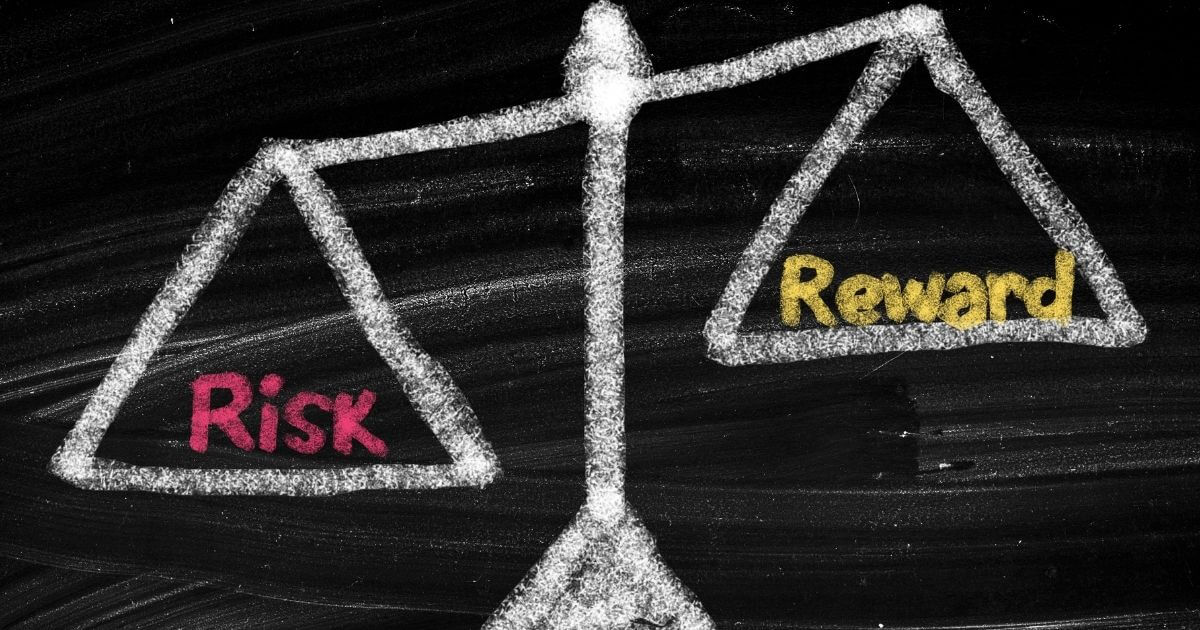Adapting to a New Celebrity Risk Velocity

The upside of working with a celebrity on a licensing project can be immense – think Michael Jordan, Martha Stewart and Beyonce, among so many others. But every so often, the risk that accompanies that potential reward comes to the fore. Given the velocity at which that can happen today, the marketplace is adjusting when it comes to agreements.
A marketing juggernaut
In a relatively short period of time, rapper Travis Scott amassed endorsement and licensing deals that generated enough business to rival that which he earned from the music itself.
But his swift ascent into the marketing and merchandising heights came undone in a short period in the wake of the tragedy at his Astroworld Music Festival in November. Scott’s deals with Nike (Air 1 Trainer), Dior (co-branded Cactus Jack menswear), McDonald’s (meal and Cactus Jack merchandise) and others were largely delayed or suspended indefinitely. He also has been dropped from the Coachella Music and Arts Festival this coming April.
Such is the price of fame – or, more precisely, the inherent risk that can accompany doing business with icons who are, after all, human beings. (It’s why some licensees have said they prefer doing business with animated characters.)
In the snap of a finger
The financial potential can be big, but the fall can be swift when all it can take is a misguided tweet, unfiltered Instagram post or widely circulated racially- or sexually-tinged comment to turn a trending hero into a cancelled pariah.
The speed at which it can happen has caused a shift in how licensing and promotional agreements consider the ramifications and remedies. While termination clauses in licensing contracts once hinged on the filing of criminal charges, and the parties could had more than a few milliseconds to plan their response to a “situation,” this is a different world.
That’s caused contacts increasingly to pivot to clauses whose remedies are tied to a calculation of the business lost once the stuff hits the fan, says Jed Ferdinand, partner in the Ferdinand IP Law Group.
“Social media has exacerbated the potential risk by an order of magnitude, because things are so public now and one errant comment can get someone cancelled. That is a huge risk for any manufacturer that partners with a celebrity,” says Ferdinand. “The fight we always have is over the event that would give rise to termination [of a licensing agreement]; for years that [bar] was criminal conduct, whether it was a misdemeanor or a felony. Now you want something much broader [written into the contract] because it is not just [about] a crime, but also about [brand] embarrassment.”
“I think the stakes are much higher now because things weren’t moving as quickly before and it has changed so much because the information flow is so immediate,” says Ferdinand.
It’s a matter of adapting to a new world.




